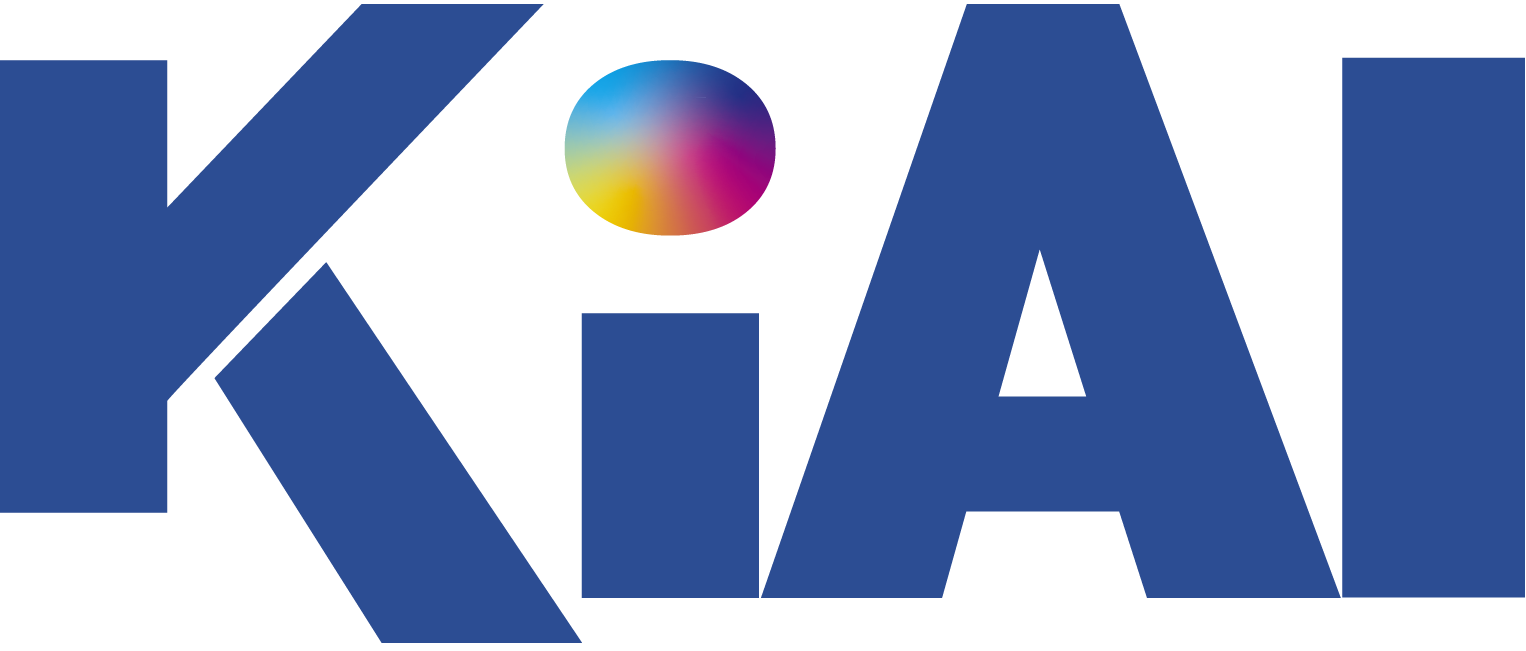The gold trade in Russia has been a topic of significant interest and concern, particularly in light of recent developments and regulatory changes. This article delves into the latest news and updates surrounding Russia’s gold trade, providing a comprehensive overview for those closely monitoring the situation.
- Ghana-UK Partnership Targets Illegal Gold Trade: Ghana and the UK have intensified their efforts to combat illegal gold trade. In 2022, approximately 60 tonnes of gold, valued at around $1.2 billion USD, were smuggled from Ghana. To address this, the Ghana Gold Board (GoldBod) will be established to oversee gold trade and combat smuggling. The UK/Ghana Gold Programme is supporting GoldBod and working with the Economic and Organised Crime Office (EOCO). The Ghanaian government plans to fund GoldBod to purchase 3 tonnes of gold weekly to boost foreign exchange reserves. Additionally, the 1.5% withholding tax on unprocessed gold will be abolished in the 2025 budget to encourage formal trade.
-
Ghana Gold Board Revokes ASM Gold Trading Licenses: The Ghana Gold Board (GoldBod) has revoked all Precious Minerals Marketing Company (PMMC) and Minister for Mines issued artisanal and small-scale mining (ASM) gold trading licenses, except those held by large-scale mining companies. This move, effective immediately, is based on the Ghana Gold Board Act (Act 1140), passed on March 29, 2025. GoldBod is now the sole legal buyer, seller, assayer, and exporter of ASM gold in Ghana. A grace period until April 30, 2025, has been given for those with existing licenses. After May 1, 2025, unlicensed gold trading will be punishable. All local gold buyers must trade exclusively in Ghana cedis (GHS), using Bank of Ghana exchange rates. Foreign nationals must exit the local ASM gold trading market by April 30, 2025.
-
Ghana’s Small-Scale Gold Mining: Gold Board Gains Exclusive Export Rights: The Gold Board will be the sole gold exporter for Ghana’s small-scale mining sector. Licensed agents can purchase gold from miners on behalf of the Gold Board but cannot export it. The Gold Board will provide capital to licensed agents for gold purchases and retain control of the export process, ensuring controlled export and effective foreign exchange tracking. This centralization aims to improve foreign exchange retention and repatriation.
-
Ghana Amends Growth and Sustainability Levy Bill: Ghana’s Parliament has passed the Growth and Sustainability Levy Amendment Bill 2025, which increases the levy on gold mining companies from 1% to 3% of gross production. The levy’s application period is extended to 2028. The Finance Minister supported the increase to boost government revenue using high gold prices, while the Minority Leader opposed the bill, citing potential negative impacts on the private sector, especially the extractive industry.
In summary, the gold trade in Russia and its implications are being closely monitored and regulated. The establishment of the Ghana Gold Board and the revocation of ASM gold trading licenses are significant steps towards formalizing and controlling the gold trade. Additionally, the exclusive export rights granted to the Gold Board and the amendments to the Growth and Sustainability Levy Bill highlight the government’s efforts to increase revenue and ensure fair trade practices. These developments are crucial for stakeholders and observers concerned about the gold trade in Russia and its broader economic impact.

